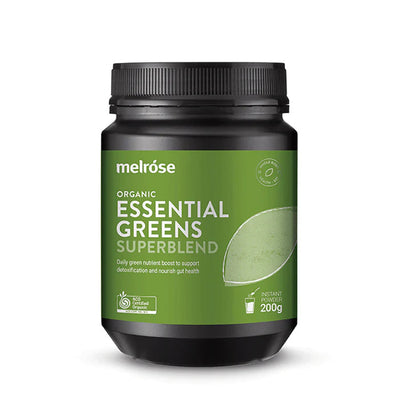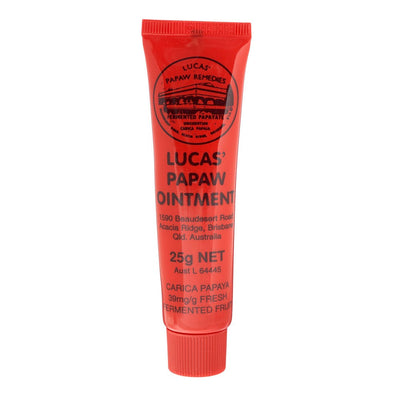Lecithin - A Natural Emulsifier
Having problems with Breast Feeding? Need your Cholesterol Level lowered?
Lecithin works as an emulsifier, meaning it suspends fats and oils and keeps them from mixing with other substances. Lecithin supplements can be purchased to help treat high cholesterol, as a breastfeeding aid, and to treat ulcerative colitis, among other things.

Hailing from the greek word Lekithos, its a generic term to designate any group of yellow-brownish fatty substances occuring in animal and plant tissues which are amphiphilic, they attract both water and fatty substances. There are a variety of products that Lecithin can be produced from the two main ingredients are Soya Beans and Sunflower Oil.

Soy is the source of most commercial lecithin, although sunflower lecithin is increasingly popular because of concerns about GMOs in soy and food allergy labeling regulations. Although in many countries the GMO soy doesn't apply.
Here are some of the Benefits of Lecithin.

Cholesterol reduction
Research indicates that a diet rich in lecithin may increase good HDL cholesterol and lower bad LDL cholesterol.
Lecithin supplements have also shown promise in lowering cholesterol. In a 2008 study, participants took 500 milligrams (mg) of soy lecithin a day. After 2 months, the average total cholesterol was reduced by 42 percent, and LDL cholesterol was reduced by 56.15 percent

Improved immune function
Supplementing with soy lecithin may increase immune function, particularly in people with diabetes.
A Brazilian studyTrusted Source on rats found that daily lecithin supplementation increased macrophage activity by 29 percent. Macrophages are white blood cells that engulf debris, microbes, cancerous cells, and other foreign materials in the body.
Also, the number of natural killer cells called lymphocytes, which are vital to the immune system, increased by 92 percent in non-diabetic rats. Further research is needed now on humans, to confirm these findings.

Better digestion
Ulcerative colitis is a form of inflammatory bowel disease (IBD) that affects up to 907,000 people in the U.S. Lecithin may help to reduce digestive distress in those with the condition.
ResearchTrusted Source suggests that the emulsifying activity of lecithin improves mucus in the intestine, protecting the gastrointestinal lining. This may be because lecithin contains phosphatidylcholine (PC), which is also a component of mucus.
People with ulcerative colitis have 70 percent less PC than people with other forms of IBD or those without the disease.
Although research is lacking, anecdotal evidence suggests that people with digestive distress caused by issues other than ulcerative colitis may also benefit from lecithin use.

Enhanced cognitive function
Choline, a component of phosphatidylcholine, plays a role in brain development and may improve memory.
Infant rats who received choline supplements experiencedTrusted Source lifelong memory enhancement due to changes in the memory center of their brains.
The brain changes were so noticeable that researchers could identify the animals that had taken supplemental choline, even when the rats were elderly.
Because of the effect of chlorine on the brain, it has been proposed that lecithin may be beneficial for those with neurologic disorders, Alzheimer’s disease, and other forms of dementia.

As a breastfeeding aid
Lecithin may be recommeneded as a preventative measure for women who experience clogged milk ducts.
Some women who breastfeed may experience clogged milk ducts, where the breast milk does not flow correctly through the duct. This condition is painful and makes breast-feeding more difficult.
It can also lead to the development of mastitis, an infection of the breast tissue that affects approximately 10 percent of American women who are breast-feeding.
To help prevent mastitis and difficulty nursing, the Canadian Breastfeeding Foundation recommend that people who experience recurrent blocked milk ducts take 1,200 mg of lecithin four times a day as a preventative measure.










Leave a comment